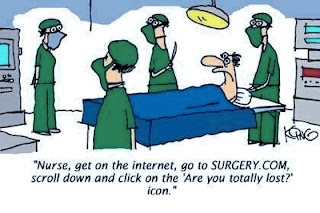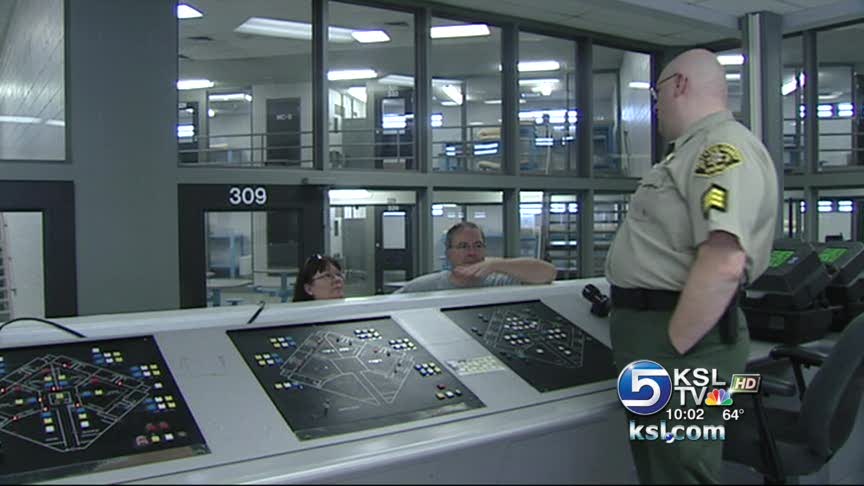Criminal Defense Attorney Salt Lake City: The Good
I remember being at a doctor's office with a broken wrist and the doctor telling me my wrist wasn't broken.
"We looked at the X-Rays and they appear fine," he said.
"Doc, I've broken my wrist before and I know what it feels like. I'm certain it's broken."
"No, you're fine. Trust me."
Well, I couldn't sleep that night from the pain. In the morning, I went to another, larger hospital for a second opinion. They took an X-Ray and of course my wrist was broken.
Hiring a criminal defense attorney in Salt Lake City is a lot like that. Experience and knowledge in any profession goes across the spectrum. I've known some criminal defense attorneys in Salt Lake City that were so awful I heard judges, in private of course, wondering how it was they had kept their bar licenses. On the flip side, I have seen some criminal defense attorneys in Salt Lake City that have blown my mind with some of the creative tactics they've used.
I'm very fortunate to be a partner at this firm and have the ability to spot these characteristics in criminal defense attorneys and hire the ones that impress me. We hired one attorney away from another firm for the simple fact that he was aggressive and smart. I knew he would be an excellent attorney at our firm and I had to have him.
Many criminal defense firms in Salt Lake don't realize the talent that they might have in their associates. Perhaps because I come from a business background, when I recognize talent, I know we need to add it to our roster as quickly as possible.
It takes time to hire a good criminal defense attorney in Salt Lake City. Don't just hire the first person you speak with: call around. I tell all potential clients to speak with at least three other firms. This is a big decision, especially for those facing prison time, and it shouldn't be taken lightly.
Criminal Defense Attorney Salt Lake City: The Bad
So how do you spot bad criminal defense attorneys? Hard to say since it varies, but here are some general tips:
a. If a criminal defense attorney is rude to you on the phone, they will probably be rude to you during the case. Avoid this. Criminal defense is a service and you are the customer. You should be treated with respect.
b. If a criminal defense attorney charges too little, they probably don't have the experience or the knowledge you need. A good attorney knows how much time each criminal defense case takes and charges accordingly. If they are charging you too little, that generally means they plan on spending as little time on the case as possible. This isn't always true, but in my experience this seems to be the trend.
c. If a criminal defense attorney charges too much, they may be inflating what they can do for you. I've known some criminal defense attorneys here in Salt Lake City that charge triple what everyone else does and promise a dismissal to the client. When the dismissal eventually doesn't come, the criminal defense attorney shrugs and says, "Oh well. That's life." Call around and check out what everyone is charging. A difference of a few thousand dollars is okay, but if someone is charging twenty thousand more than everyone else, that may be a problem.
d. If a criminal defense attorney has no staff, that may be a problem. I cannot tell you how much I rely on the hard work of my staff. How well I do on my cases is a direct result of how well my staff works in the background, gathering evidence, interviewing witnesses, coordinating with the courts. If I didn't have them, all the little things that go into a case would have to be done by me personally. This would take time away from me doing what I do best: coming up with a legal strategy to win my client's case.
Criminal Defense Attorney Salt Lake City: The Ugly
It is a sad fact of the criminal defense world that there are some attorneys that will take a client's money, not do a thing for them, and then refuse to give any of the money back when the client requests a refund. It makes all of us hard working criminal defense attorneys here in Salt Lake look bad and it makes the attorney profession look bad.
How to Hire a Good Criminal Defense Attorney in Salt Lake City
The old adage that an ounce of prevention is worth a pound of cure applies here. Do your research, speak or preferably meet with your potential criminal defense attorney in person, ask lots of questions, and make a good judgement. A good criminal defense attorney can make the difference between winning your case and going to jail. Don't leave that decision up to chance.
By
Yossof Sharifi
Google
By
Yossof Sharifi







.png)










